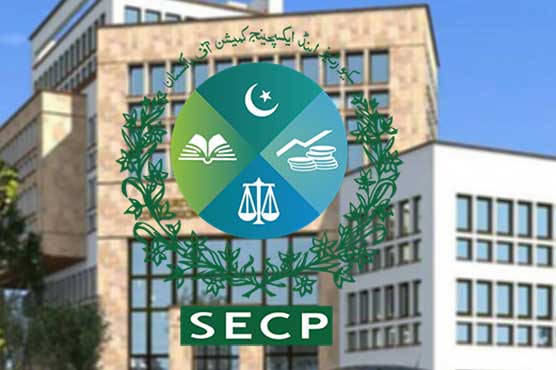The Securities and Exchange Commission of Pakistan (SECP) has issued a Consultation Paper on areas of improvement in the public offering regime to foster capital formation.
The requisite regulatory amendments will be finalized after receiving public feedback and stakeholder consensus. SECP firmly believes in and is a big advocate of making capital formation easier for businesses, it said in a press release.
Efficient and cost-effective capital formation is a game changer for growing businesses and the economy as a whole.
Over time, SECP has introduced various improvements in the public offering regime for capital formation. In this regard, the Consultation Paper covers potential areas of improvement that have been identified based on a holistic review of the regulatory regime, international practices, evolving technology, and suggestions received from the market.
It is envisaged that potential improvements will bring greater transparency, efficiency, and vibrancy; thereby benefiting issuers, investors, and the overall economy.
Broad areas identified for improvement include; IPO pricing, public offering, and listing conditions, role of consultant to the issue, IPO approval timelines and documentation requirements, disclosure requirements, digitization and IPO outreach, public offering regime for GEM companies, and post-IPO matters.
Suggested improvements are focused on both, the supply and demand side. The supply-side improvements are focused on enabling a conducive regulatory environment for businesses/issuers to raise funds in a smooth and cost-effective manner within a short period of time. Demand side improvements are expected to improve the overall investor journey.




